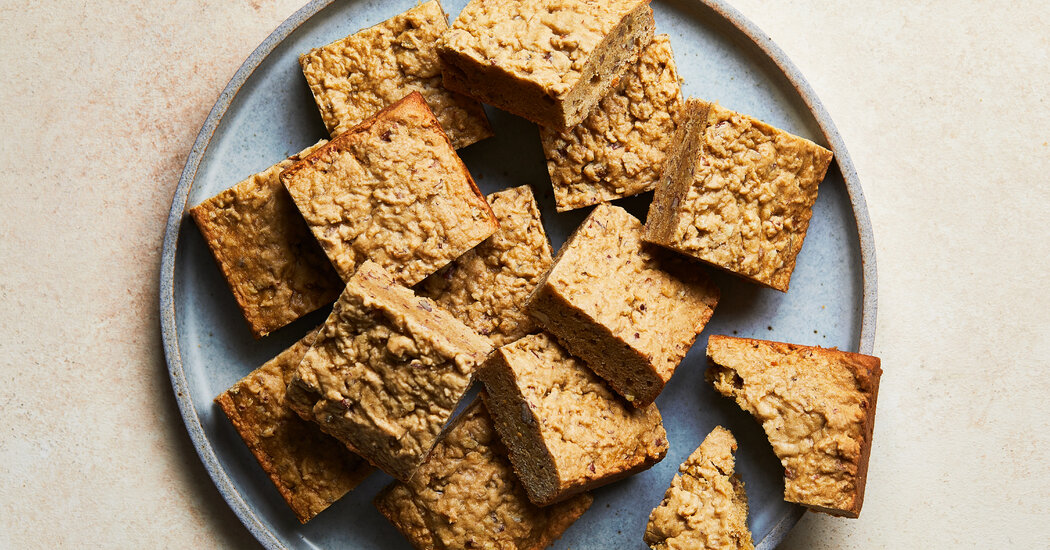
In the early 1950s, Lucinda Moore founded a church ministry from her home in Blount’s Creek, N.C. The property anchored the charity work she became known for: nursing sick people back to health in her house, giving needy people the clothes that hung in her closet, leading religious ceremonies in the church she helped build in the backyard and cooking dozens of meals every Sunday with staples like fried chicken, macaroni and cheese, candied yams and a favorite of the congregation, chew bread.
Some of that community service stopped when she died in 2004 at 106 years old. But in 2019, Mrs. Moore’s granddaughter Hazel Moore took up her grandmother’s work and began to cook every Sunday again at St. Cindy’s Holiness Church, chew bread included.
“It goes like wildfire,” said Terrani Moore, Mrs. Moore’s great-granddaughter.
Mrs. Moore did not read or write, Terrani Moore said, so her family kept track of her cooking cues and measurements to write down the recipe for a household cookbook called “Through Thy Blessings.”
Chew bread is a treat similar to a dense blondie that can be found in Black Southern households and at church functions. Though its roots are murky, chew bread may have stemmed from sharecroppers, like Lucinda Moore, who learned to make a dessert with the leftover ingredients the landowners gave her to cook for her seven siblings. Many people added pecans that fell from nearby trees.




